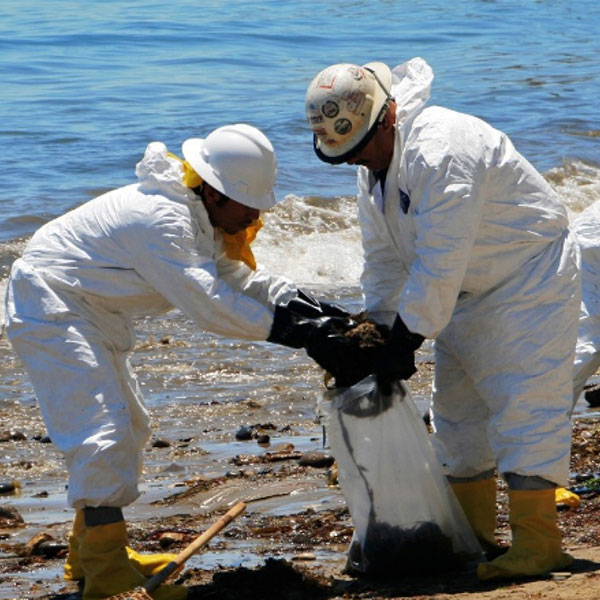BLOG: Treating people like dirt – how filth and dirt are perceived in society

Dr William Pawlett, a senior lecturer in Media and Humanities, is exploring concepts of dirt and impurity for a new book. His work was recently published in the top-ranking humanities journal Theory, Culture and Society. He examines why some things, and some people, are treated like dirt. Here he discusses the differences between 'dirt' and 'filth' in society.
Exploring the ideas of ‘filth’ and ‘dirt’ in society, I am particularly interested in their relationship to the ‘highest’ values, the ideas of the sacred and the transcendent.
‘Filthy’ things are not only a marginal or peripheral aspect of our lives – we quickly flush the toilet, discreetly walk around dead birds etc – filth and dirt are fundamental and constitutive parts of our lives. We carefully monitor our bodies, and the bodies of other people, for signs or traces of dirt, and we make judgements about people based on how effectively they are able to manage and neutralise all traces of dirt. We might feel that we can judge someone’s class, educational level and income from the presence, or absence, of dirt about their person.
Filth, I argue, is quite different from dirt. If we take the quality of ‘sacredness’, that most elevated and apparently pure idea, it seems that it is intimately bound up with filthiness: a human corpse is sacred, yet it is also horrifying and filthy. Similarly, the notion of romantic love is lofty, ideal and transcendent, yet erotic activities often involve a seeking out of the ‘lowest’ and forbidden parts.
In a sense then, we prize and even venerate the filthy, as well as being somewhat afraid of it, whereas we generally eliminate and reject the dirty. It is as if filth and dirt exist in two different worlds: in religious terminology the world of the sacred, and the world of the profane.
In my book I argue that this dual (both ‘high’ and ‘low’, both venerated and reviled) nature of filth, is steadily being eroded by modern life and values.
The modern attitude seems to be one of indifference to things (I suspect some readers will have wanted to quibble with or relativise the statement ‘a human corpse is sacred’). Indifference is a coping strategy, a necessary component of the modern prejudice that everything can be managed bureaucratically, technologically and economically. Indeed, it is in modern technological societies where we find more and more groups or classes of people being treated as dirt: increased monitoring and surveillance, detainment without charge, the ‘underclass’ and ‘poverty porn’, harsher border controls, ‘hostile environments’ deliberately cultivated by governments, capping and removal of benefits, zero hour contracts, people being burnt alive in their homes.
The victims of these strategies are not accorded the special status of filth, they are treated as profane dirt. Treating people as dirt seems to go hand in hand with modern ideas of indifference, tolerance and economic management.
For more information please contact the Corporate Communications Team.


/prod01/wlvacuk/media/departments/digital-content-and-communications/images-2024/Diane-Spencer-(Teaser-image).jpg)
/prod01/wlvacuk/media/departments/digital-content-and-communications/images-18-19/220325-Engineers_teach_thumbail.jpg)
/prod01/wlvacuk/media/departments/digital-content-and-communications/images-2024/240509-Menopause-Research-Resized.jpg)
/prod01/wlvacuk/media/departments/digital-content-and-communications/images/Maria-Serria-(teaser-image).jpg)
/prod01/wlvacuk/media/departments/digital-content-and-communications/images-2024/241014-Cyber4ME-Project-Resized.jpg)
/prod01/wlvacuk/media/departments/digital-content-and-communications/images-2024/240315-Research-Resized.jpg)
/prod01/wlvacuk/media/departments/digital-content-and-communications/images-2024/BDA-group-photo.jpg)